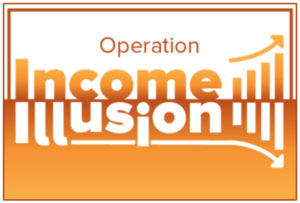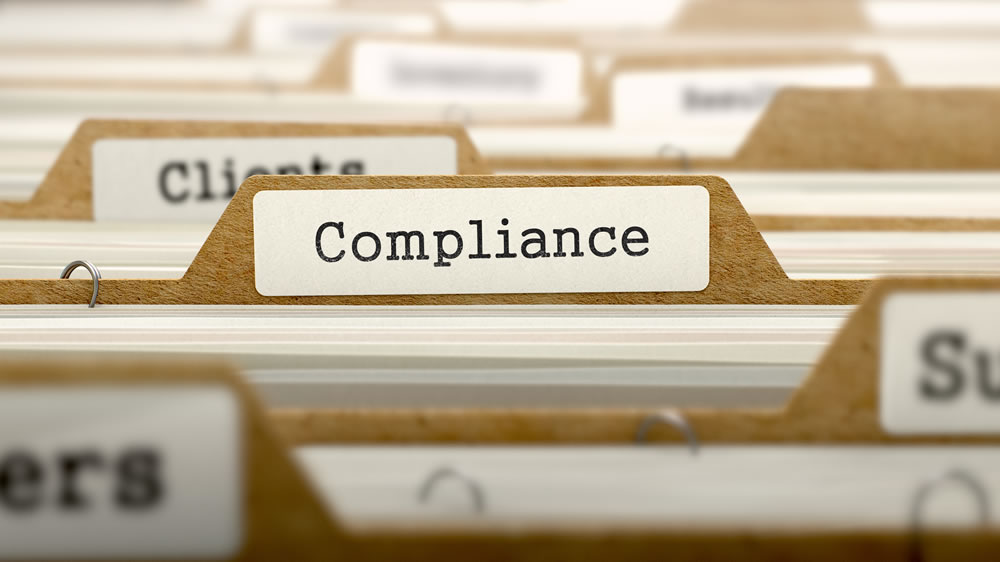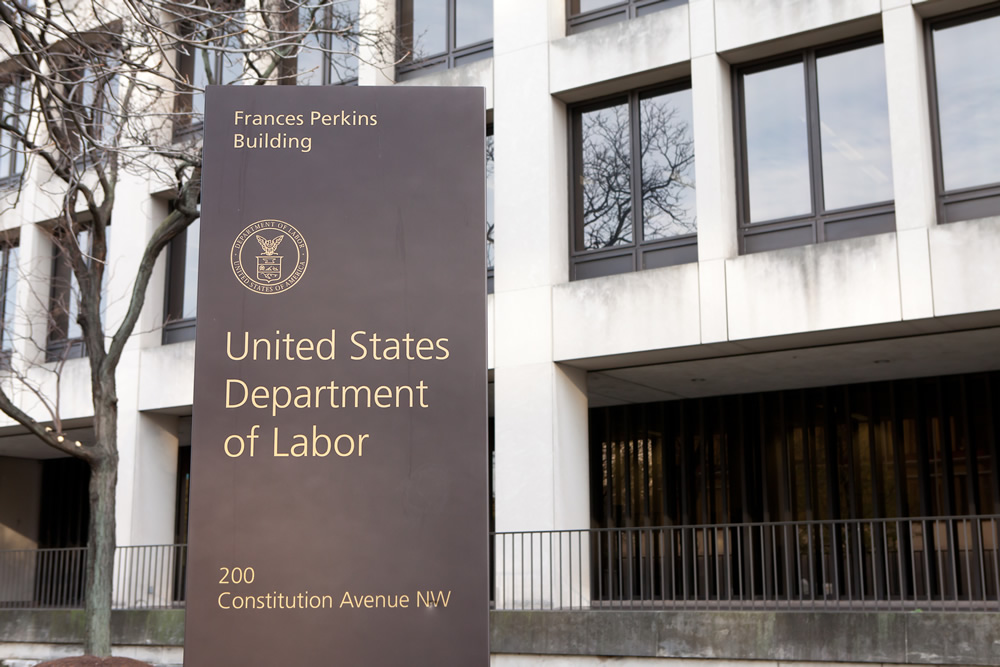Highlights from thought leaders’ Risk Roundup Columns of 2021
Regulators stayed busy in 2021, reminding direct sellers of the unique legal challenges faced by the channel throughout the year. Combined with the ever-increasing importance of addressing ESG and fraud risks facing the entire corporate landscape, we have selected the key insights and advice from our knowledgable contributors to keep SSN’s readers ahead of the curve. Please visit SocialSellingNews.com for the complete articles.












